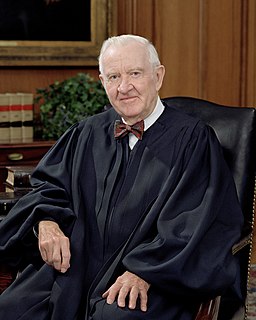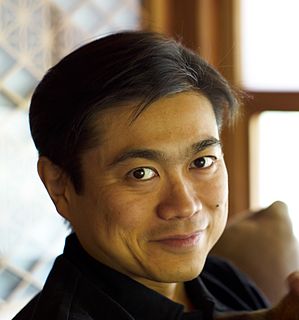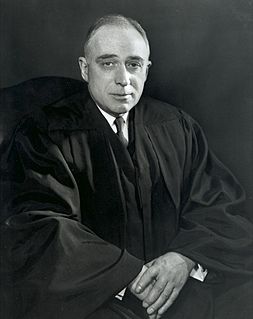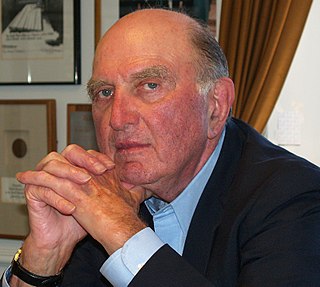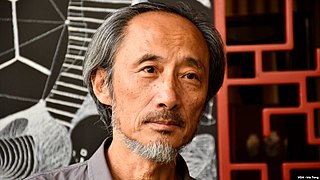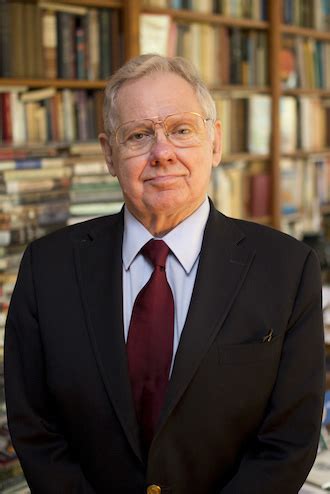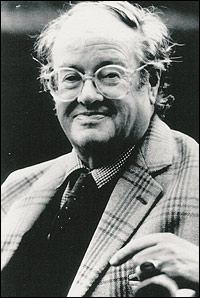A Quote by John Paul Stevens
As a matter of constitutional tradition, in the absence of evidence to the contrary, we presume that governmental regulation of the content of speech is more likely to interfere with the free exchange of ideas than to encourage it. The interest in encouraging freedom of expression in a democratic society outweighs any theoretical but unproven benefit of censorship.
Related Quotes
If you begin acting contrary to the public's interest, and there is no alternative governmental model, with which you're willing to engage, we, the people, will have to put forth our own extra governmental models and methods of trying to restore the balance of liberty to the liberal tradition of Western society.
The importance of our being free to do a particular thing has nothing to do with the question of whether we or the majority are ever likely to make use of that particular possibility. To grant no more freedom than all can exercise would be to misconceive its function completely. The freedom that will be used by only one man in a million may be more important to society and more beneficial to the majority than any freedom that we all use.
If you live in a society where those who govern society and determine its path do not respect freedom of speech and freedom of religion, freedom of choice, freedom of assembly, and if there is no democratic process and no way to change the order of things by reason and peace and love and so on, and if, as a result of that, certain ideas in which you believe are being crushed, then I think the only way you can defend yourself against this violence is in using violence of your own.
The constitutional right of free expression... is designed and intended to remove governmental restraints from the arena of public discussion, putting the decision as to what views shall be voiced in the hands of each of us, in the hope that the use of such freedom will ultimately produce a more capable citizenry and more perfect polity and in the belief that no other approach would comport with the premise of individual dignity and choice upon which our political systems rests.
Censorship' is a term pertaining only to governmental action. No private action is censorship. No private individual or agency can silence a man or suppress a publication; only the government can do so. The freedom of speech of private individuals includes the right not to agree, not to listen and not to finance one's own antagonists.
Free speech is essential to education, especially to a liberal education, which encourages the search for truths in art and science. If expression is restricted, the range of inquiry is also curtailed... The beneficiaries of a free society have a duty to pursue the truth and to protect the freedom of expression that makes possible the search for a new enlightenment.
The most important fact about American liberty is that it has never been a single idea, but a set of different and even contrary traditions in creative tension with one another. This diversity of libertarian ideas has created a culture of freedom which is more open and expansive than any unitary tradition alone could possibly be.
I mean by intellectual integrity the habit of deciding vexed questions in accordance with the evidence, or of leaving them undecided where the evidence is inconclusive. This virtue, though it is underestimated by almost all adherents of any system of dogma, is to my mind of the very greatest social importance and far more likely to benefit the world than Christianity or any other system of organized beliefs.
